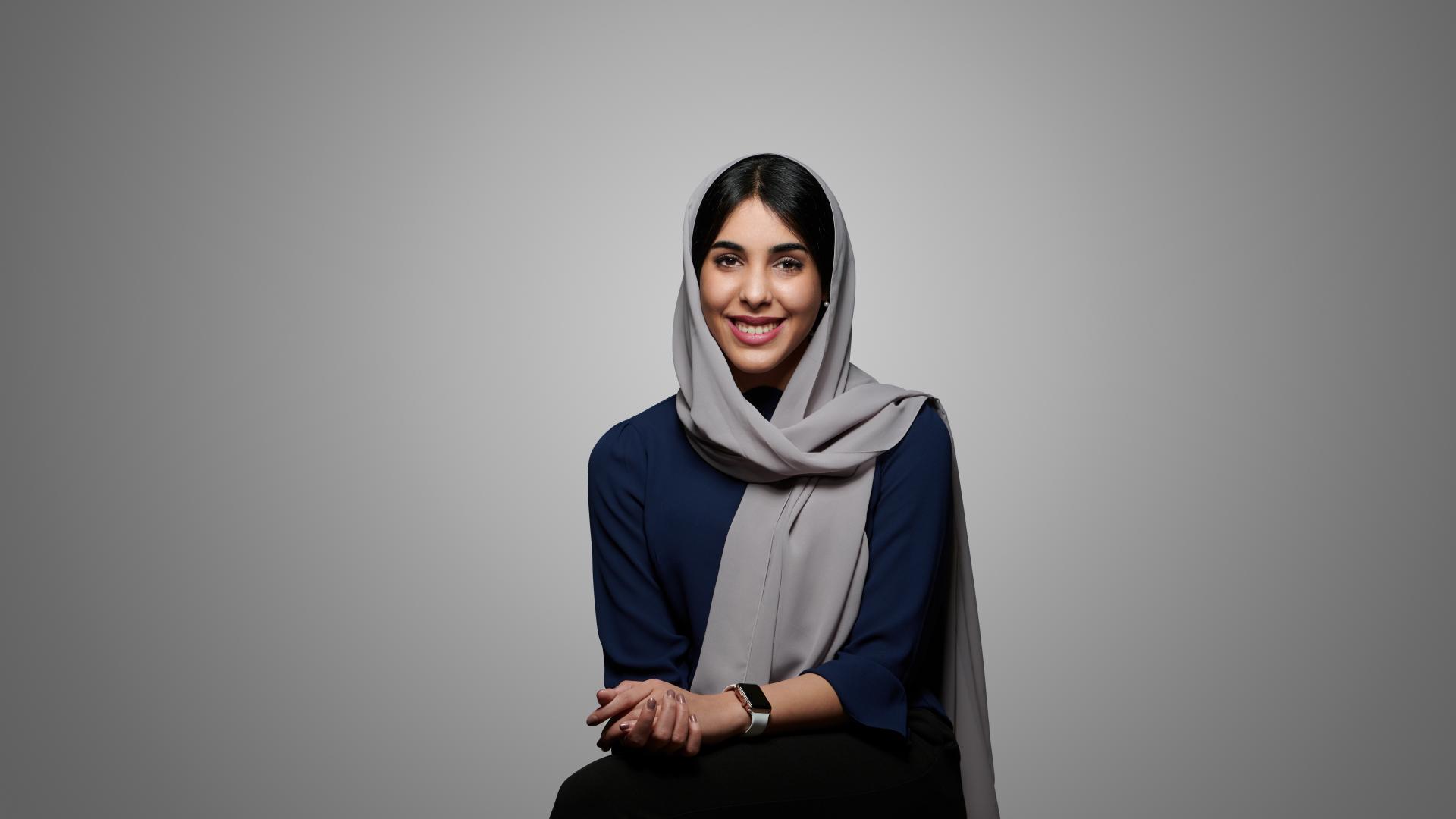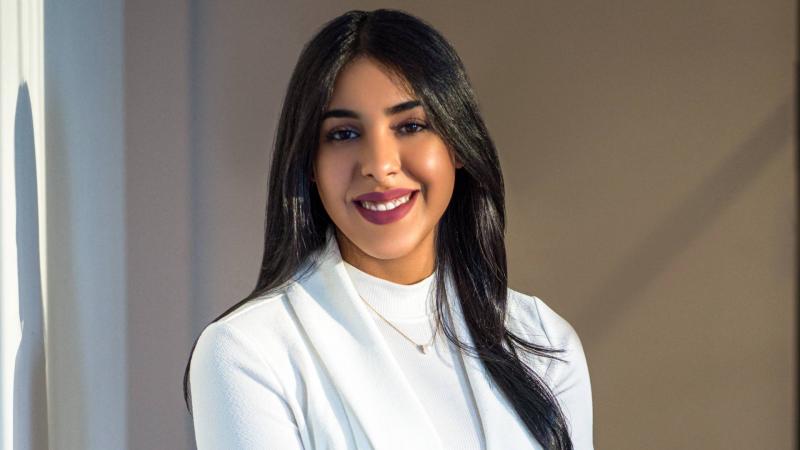By David Murphy
KAUST Ph.D. student Asrar Damdam has been selected as one of the six winners of the 7th L’Oréal-UNESCO For Women in Science Middle East Regional Young Talents Program. Damdam received the prestigious award for her design and fabrication of a reconfigurable silicon-based electronic platform specifically designed for a heart-assistive device. The platform was designed to comply with the heart’s shape and its rhythmic expansions and contractions during the cardiac cycle.
“The Women in Science Middle East award is a prestigious recognition for my research that I’m really thankful for,” Damdam noted of her win. “It is an invaluable opportunity for highlighting my research and scientific contributions among the scientific and non-scientific communities. Moreover, my award win has the potential to trigger collaborations and create various opportunities.”
To date, L’Oréal-UNESCO’s pioneering 22-year global initiative has recognized 112 eminent female researchers and supported over 3,300 promising young female scientists from over 110 countries. The regional program recognizes female scientists from the GCC region for their innovative research in life sciences, physical sciences, mathematics, and computer science.
Research journey at KAUST
Having initially joined KAUST as a research intern in 2016, Damdam is currently pursuing her Ph.D. at the University in electrical engineering. It was during her master’s thesis that she formulated her award-winning heart sleeve. Over a four-year period, her supervisor, Professor Muhammad Mustafa Hussain, acted as a constant guide for Damdam in the ideation, fabrication, characterization, and development of the device.
“I started the heart sleeve project in the summer of 2017. I developed a silver (Ag) nanowires (NWs)- polydimethylsiloxane (PDMS) based strain gauge and an elastic sleeve membrane using PDMS as starting points for the project. In April 2019, I started working on the honeycomb serpentine amorphous-silicon reconfigurable platform to host electronics for the heart sleeve project as part of my master's thesis.
“Professor Hussain ideated and oversaw all aspects of this research throughout its many stages of development. He is a great scientific and life advisor. Being a part of his research group from 2016 until early 2020 has significantly contributed to re-shaping my personality and career. None of my current successes would have happened without his support and encouragement,” she said.
From reconfigurable electronics to biotechnology
Damdam’s research focus has recently shifted from silicon reconfigurable electronics into gas sensing, spoilage detection, and food-waste reduction applications. Her biotechnology startup, Uvera, inspired this shift. Founded in California in 2019, Uvera explores ultraviolet light use to reduce spoilage pathogens and increase the shelf-life of fresh food.
“Uvera was created to address the need to cut down the spoilage associated with food waste and to elevate environmental awareness and sustainability. My startup’s mission is something that I’m willing to strive for in the coming years.”

